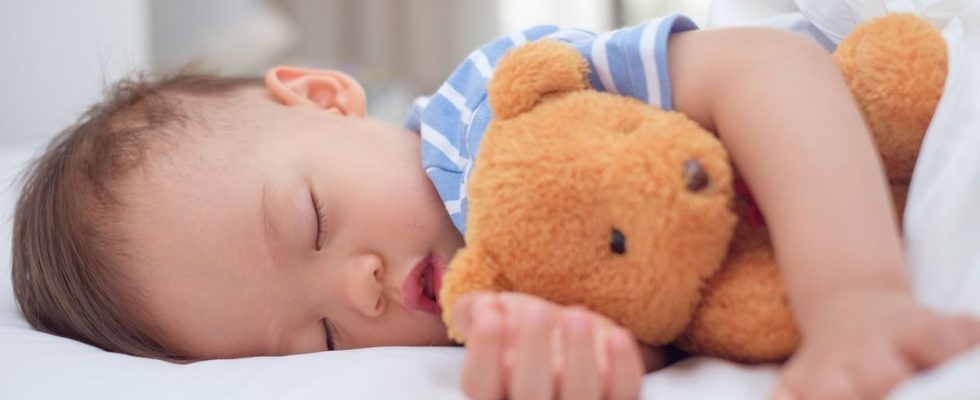Published on
Updated
Reading 3 min.
“I prefer to raise a pet”: many young Chinese are hesitant to start a family, particularly for financial reasons, while the government seeks to stimulate the birth rate to avoid a demographic crisis.
The population decline accelerated in 2023, according to official figures released on Wednesday. The Asian giant has lost more than two million inhabitants in one year out of just over 1.4 billion people.
Aware of the problem for several years, the government has relaxed its policy of limiting births, now allows all couples to have three children, offers more allowances and calls for procreation.
But all this is not succeeding, for the moment, in halting the growing economic crisis: the number of active workers is decreasing while the number of retirees, in full swing, is placing an increasingly heavy burden on the system of retirement.
“My friends who have a stable job, a stable career (…) will start wanting children“, told AFP Xiaopeng, 26, who works in Shanghai.
“Personally, I prefer to raise a pet (…) Raising a child is a little more difficult, because of all the practical problems you have to face“, he emphasizes.
In China, the birth of a child comes after already significant expenses: men usually have to buy an apartment in order to find a wife, then the couple’s families have to pay for the wedding ceremony.
“Neither marriage, nor children”
Once the child is born, his parents will want to find him the best possible school and private lessons, which are very expensive, in order to maximize his chances of finding a good job in a very competitive job market.
In 2019, the average cost of raising a child in China, from birth to 18 years old, amounted to 485,000 yuan (62,000 euros), according to the Beijing firm YuWa Population Research.
This represented almost seven times the country’s GDP per capita that year, far more than in the United States (4.11) or Australia (2.08).
“Younger generations have a very different mentality today towards parenting and generally don’t want to have many children“, independent Chinese demographer He Yafu told AFP.
“No marriage, no children” has become a popular slogan on the Chinese internet, where thousands of people exchange views and seek reassurance about their way of life – breaking with tradition.
“Are you willing to make so many sacrifices just for the pleasure of hearing someone call you ‘mom’?“, recently asked a user on the social network Douban.
A thirty-year-old mother, Ms. Cao, says that a large number of her younger friends, even though they are in couples with two incomes, do not want to have children. For mainly economic reasons.
“Before having a child, you must already think about their education. People obviously want their children to go to the best schools“, she told AFP.
NO to diets, YES to WW!
Men less involved
Tuition fees are affordable in China. But schools give priority to children with a nearby address. Consequence: the prices of housing located around good establishments are very high because parents are ready to pay a lot for them.
Unlike many mothers in China, Ms. Cao can count on her husband’s help in caring for the children.
But working women spend an average of 154 minutes a day caring for family members, double that of men, according to a UN report.
Despite authorities’ efforts to encourage fathers to participate in child-rearing, paternity leave is only 14 days in China – compared to around three months for maternity leave.
“Being pregnant is really exhausting“, confides Ms. Xiang, 28, in a hospital in central Shanghai where she and her husband came for consultation. She is expecting her first child.
After giving birth, she plans to get help at home, or even stay in a hotel specializing in welcoming young mothers, where they benefit from special care and meals.
This tradition of rest for 30 days following childbirth, firmly anchored in China, can sometimes lead to spending thousands of euros.
Today’s young people are, however, rational and take into account “in its entirety” the cost of a child, believes Ms. Cao.
“It’s not enough to say you’re going to have a child and then do it (…) It requires a lot of mental and financial resources.”.

